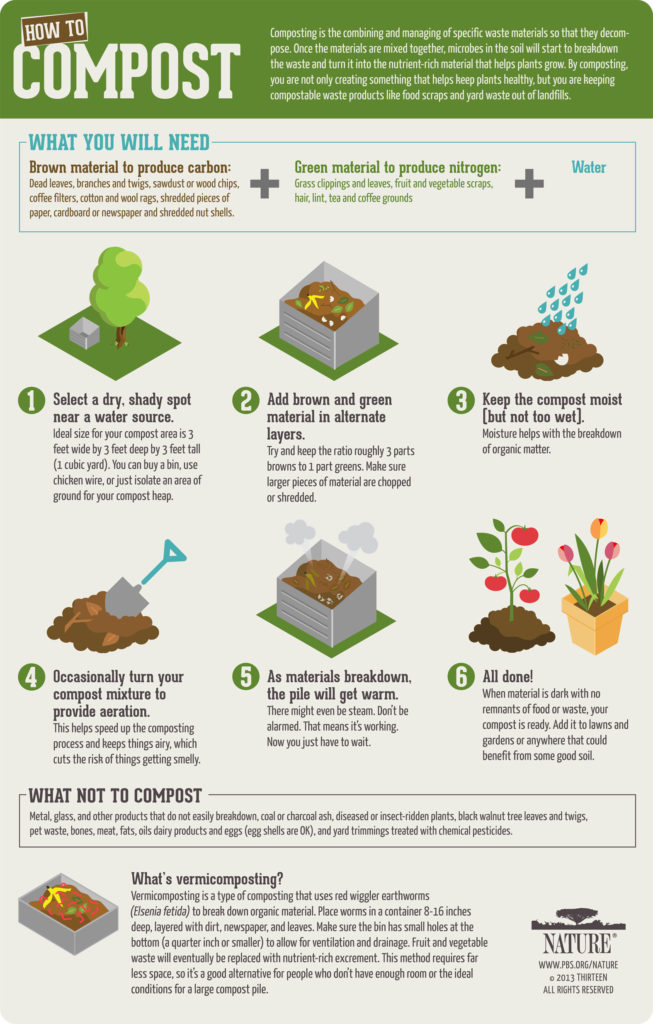Master Kitchen Composting, Effective Techniques for Beginners

How to Compost Kitchen Scraps Effectively: A Beginner's Guide
Composting kitchen scraps is an excellent way to reduce waste and create nutrient-rich soil for your plants. It's a simple process, but there are some techniques that can make it more effective. Let's dive in!
Understanding Composting
Composting is nature's way of recycling organic material. It's like a natural decomposition process, where microorganisms break down kitchen scraps into a nutrient-dense soil amendment.
The Benefits of Kitchen Scraps Composting
Composting kitchen scraps has numerous benefits. It reduces the amount of waste sent to landfills, enriches your garden soil, and saves money on chemical fertilizers. Plus, it's a fun and educational activity for the whole family!
Getting Started with Composting at Home
To start composting at home, you'll need a compost bin or pile. You can buy a bin, build one yourself, or simply create a pile in a corner of your yard. The EPA provides more information on choosing the right composting method for you.
What Kitchen Scraps Can You Compost?
You can compost most vegetable and fruit scraps, coffee grounds, eggshells, and even some paper products. Avoid meat, dairy, and greasy foods, as they can attract pests and create unpleasant odors.
The Art of Layering
Effective composting is all about balance. A good rule of thumb is to alternate layers of "green" (nitrogen-rich) materials like vegetable scraps with "brown" (carbon-rich) materials like dried leaves or straw.
Maintaining the Right Moisture Level
Your compost pile should be as moist as a wrung-out sponge. If it's too dry, add some water. If it's too wet, add more brown materials.
Aerating Your Compost Pile
Oxygen is essential for the decomposition process. Turn your compost pile every few weeks to introduce air and speed up decomposition.
Troubleshooting Common Composting Problems
Is your compost smelly? It might be too wet or have too much green material. Not decomposing fast enough? It might need more air or brown materials.
Harvesting Your Compost
Once your compost is dark, crumbly, and smells like earth, it's ready to use! This usually takes a few months to a year, depending on your composting conditions.
Composting for Beginners: Tips and Tricks
Start small, keep it simple, and be patient. Composting is a natural process, and it takes time. But with a little effort, you'll be rewarded with rich, healthy soil.
Conclusion
Composting kitchen scraps is a simple, sustainable practice that offers numerous benefits. By following these effective techniques, you can turn your food waste into a valuable resource for your garden.
FAQs
-
Can I compost meat and dairy products? No, it's best to avoid these as they can attract pests and create odors.
-
How often should I turn my compost pile? Aim to turn it every 2-4 weeks.
-
What can I do if my compost smells? Add more brown materials and turn the pile to introduce more air.
-
How long does it take for compost to be ready? It usually takes a few months to a year.
-
Can I compost in an apartment? Yes, there are indoor composting methods suitable for small spaces.
0 Response to " Master Kitchen Composting, Effective Techniques for Beginners"
Post a Comment